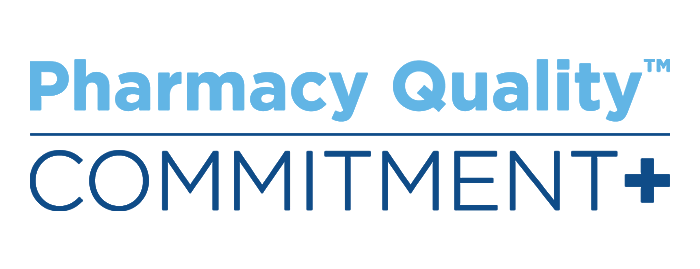Complete Story
GlaxoSmithKline Encourages Pharmacist-Driven MTMS
Chester Kaczor, Pharm.D. Candidate, Ohio Northern University, and OPA Extern
Results of a recent study showed that Ohioans are not seeking appropriate health care for chronic medical conditions, and are not compliant with drug therapy for these conditions, including heart failure, diabetes, and asthma, to name just a few. Ohioans are negatively impacting their quality of life and overall health, and raising health care costs for all, including themselves, hospitals, and employers. The study, which utilized data from an insurer of more than 400,000 Ohioans, was commissioned by GlaxoSmithKline (GSK).
Avi Dor, a Case Western Reserve University health economist, reviewed the results of the study and made the following statements, "Avoidable hospitalizations and complications stemming from chronic disease cost the state of Ohio, its patients and taxpayers more than $700 million annually... and that this study shows that Ohio businesses could save $388 million by taking just a few small steps to ensure that their employees are getting the care they need, leading to a healthier and more productive workforce."
Disease State Management (DSM) programs, if utilized appropriately, will serve to save money for a health care system struggling to find any means of cost savings. In fact, the American Pharmacists Association (APhA) Foundation is sponsoring a new program, with support and funding from GSK, targeted to control health care costs associated with diabetes. The Diabetes Ten City Challenge™, an employer-based diabetes management program, is modeled after the very successful Asheville Project in North Carolina.
The Asheville Project utilized pharmacists as point-of-care professionals who would meet with patients to discuss their disease state and its medical management. The program proved to shorten hospital stays, improve overall health, reduce absenteeism, and reduce health care costs. "Results of the Asheville Project showed that people are more likely to take prescribed medications and track their condition with blood glucose, blood pressure, and cholesterol checks, and regular foot and eye exams. As a result, employers saved between $1,622 and $3,356 per patient annually, based on reduced emergency room visits and fewer diabetes-related hospitalizations," said APhA Foundation Senior Director of Medication Adherence Programs, Dan Garrett. The Asheville Project has grown from 47 participants when initiated to more than 1000 in its ninth year of existence.
The Diabetes Ten City Challenge™ invites employers to recruit employees to participate, waive copays for diabetes-related drugs and supplies, and pay pharmacists for valuable disease state management services. Specially trained pharmacists will educate and encourage patients through monthly meetings at first, and then less often, helping patients track their conditions and appropriately take their medications. Pharmacists will collaborate with physicians, nutritionists, and diabetes educators to form an integrated health care team armed with resources and knowledge to help patients better manage their condition.
Thus far, employers from the Pittsburgh Business Group on Health and the Northwest Georgia Healthcare Partnership have decided to join this program. According to John Miall, a member of the Diabetes Ten City Challenge Advisory Committee and retired risk manager for the City of Asheville, "We estimate that more than 3,000 people with diabetes already benefit in at least 10 states. If Asheville is any indicator, the program will grow exponentially once it is implemented through the APhA Foundation's program."
Judging from the results of the aforementioned study, Ohioans stand to reap the benefits of disease state management programs like the Asheville Project and Diabetes Ten City Challenge™. Motivated pharmacists collaborating as part of an integrated health care team are the key to making programs like these a success.


